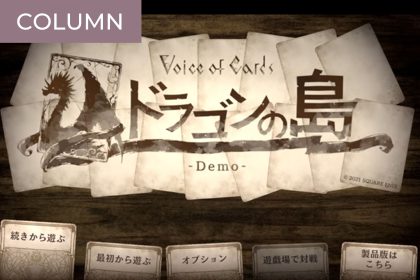Duolingo is probably one of the most popular language-learning apps out there. It’s definitely a wonderful app, and I mostly used it for learning Swahili before I went to work in Tanzania. I had actually never used it much for Japanese before, since initially the course was aimed at beginners. However, I was surprised when…
The 2 Anki Add-ons All Japanese Learners Should Use
We at Kokoro Media have written about Anki quite a bit. It is one of the most popular spaced-repetition flashcard apps out there and practically made for learning Japanese. (Even the name comes from Japanese: 暗記 anki means “memorize”!) Anki is the only flashcard app I have used extensively and stuck with. One of the…
Reading in Japanese: How to Boost Motivation and Increase Literacy
As much as I emphasize the importance of using flash cards to learn Japanese, by the time you achieve an intermediate level of literacy you’ll want to start reading native material. Transitioning from textbook reading exercises to the same books, magazines, and manga that native Japanese people read is intimidating. Selecting reading material that’s too…
Voice of Cards: One of the Best Video Games to Help You Learn Japanese
If you’ve ever attempted to play your favorite video games in Japanese, you know how frustrating the experience can be. Massive 60-hour role-playing epics from the Final Fantasy series can obliterate your motivation once you realize just how long it would take to get through them in Japanese. Other games may be simpler, but they…
The Best Online Dictionaries for Japanese Learners
Whether you are a new learner of the Japanese language or already at an advanced level, a good dictionary (or dictionaries) is a must! We have come a long way from paper dictionaries and portable electronic dictionaries. Now, many of us use dictionaries online, on our web browsers, e-reader and tablets, Nintendo DS, or computer…
Is Willpower Now the Most Important Trait for Achieving Japanese Literacy?
When I moved to Tokyo in 2009, learning Japanese was an entirely different experience than what we know today. Electronic dictionaries were more common than smartphone apps. Digital flashcards had yet to go mainstream, so tangible ones, homemade or prepackaged, were the primary way to learn kanji characters. Before the prevalence of handwriting recognition and…
Using a Kindle in Japan: 4 Reasons to Buy One, and 4 Steps to Make it Work for You
The first time I went to Japan as an exchange student, I got a little too excited with the books. Books, and not just textbooks, are amazing language learning tools, and Book Off and the Amazon.co.jp marketplace were my weaknesses. It’s safe to say that my luggage was overweight from buying everything from Japanese classics…
3 Video Games That Can Actually Help You Learn Japanese
Ever since I started studying Japanese over a decade ago, I often heard that playing video games in Japanese was an effective way to study the language. As appealing as that sounded, this advice rarely worked for me because: The language and narratives in the games I enjoyed were always too complicated for my Japanese…
3 Applications That Will Help You Read Japanese
After coming to grips with the soul-crushing inevitability of having to memorize over 2000 kanji characters, the next wall of frustration that Japanese learners face is reading the same books, magazines, and blog articles that native Japanese speakers do. Reading is essential for adding context to the constant influx of vocabulary, kanji, and grammar points…
How to Learn Japanese the SMART Way
When learning Japanese, motivation and excitement is highest when you’re a beginner. It’s easy to chart your progress, and your world noticeably expands with every word, grammar point, and kanji character learned. You beam with pride as you start traveling to Japan, using key phrases and sentence structures to order meals, greet the locals, and…










